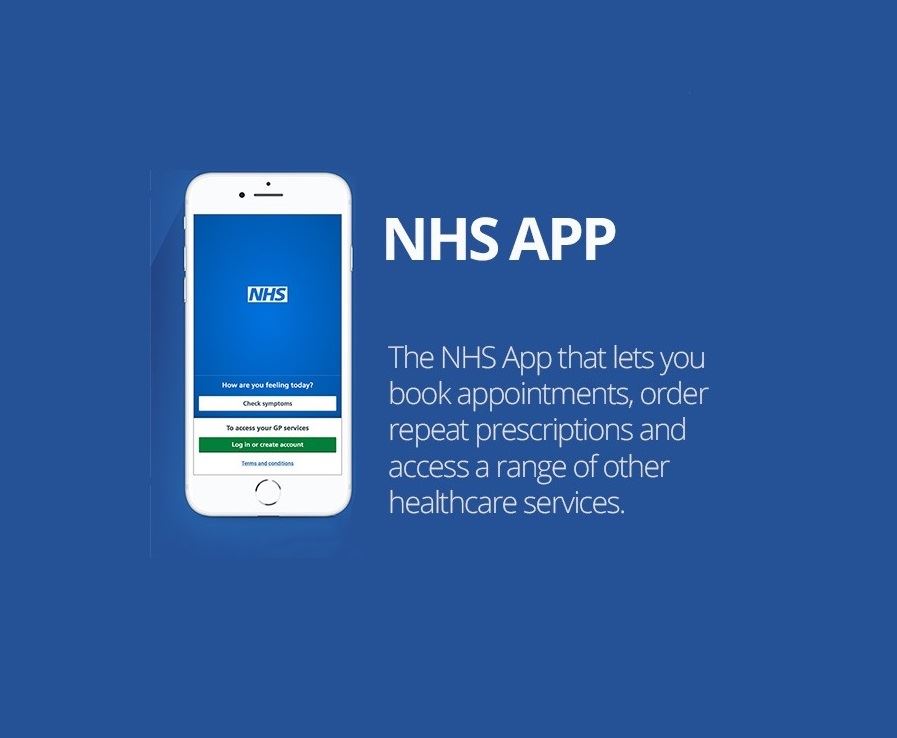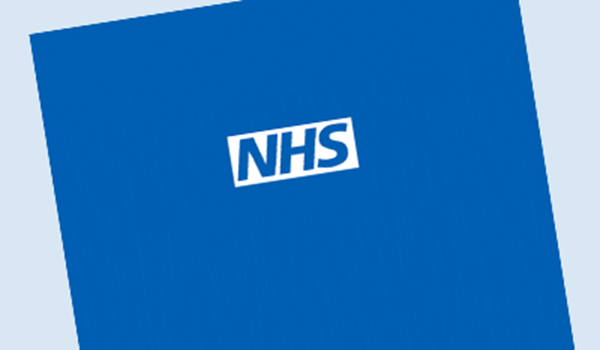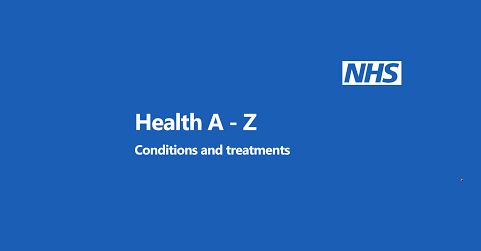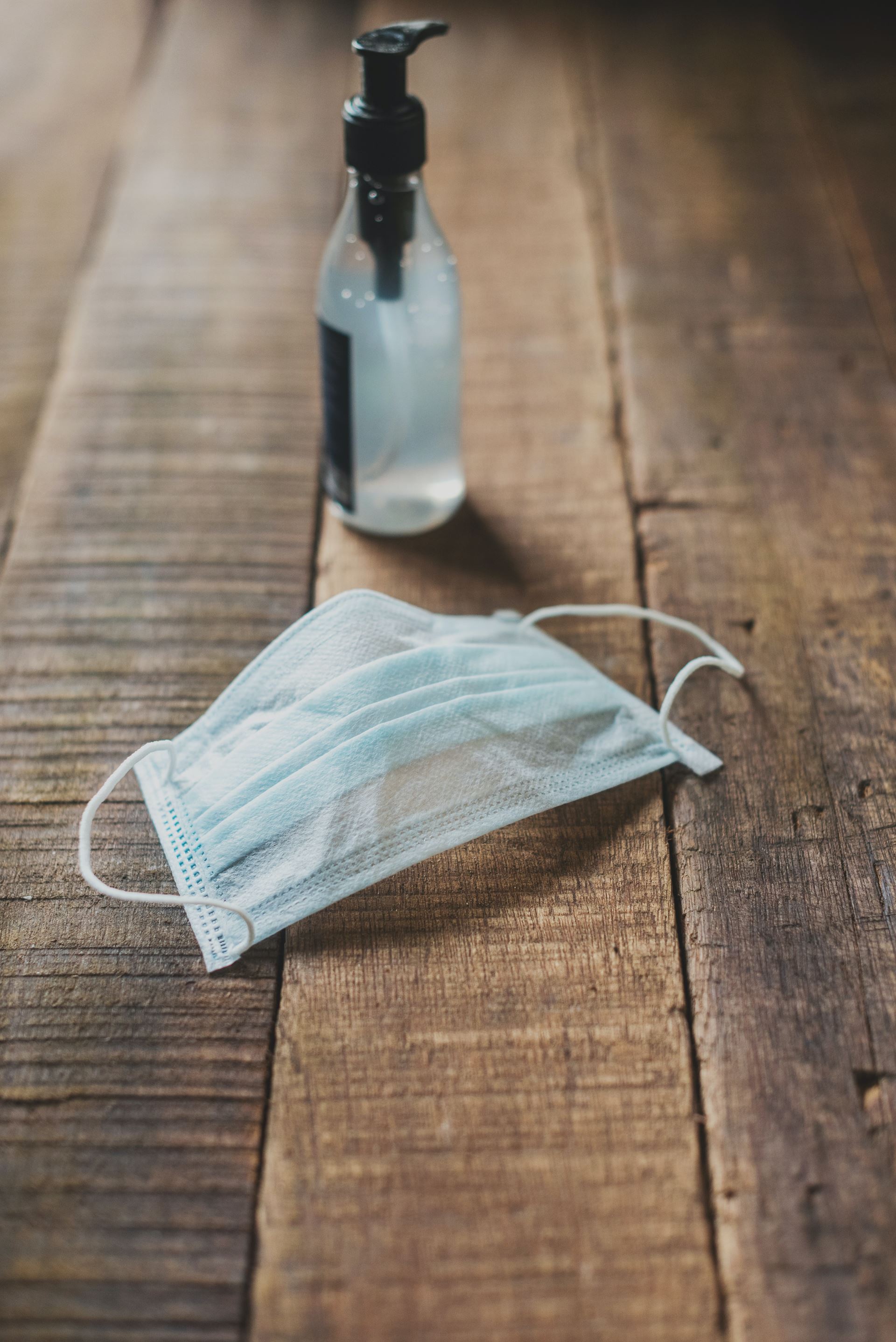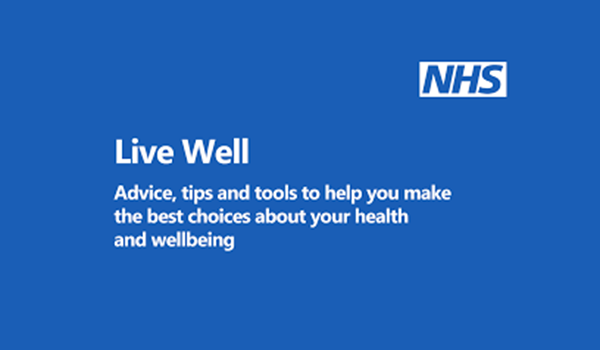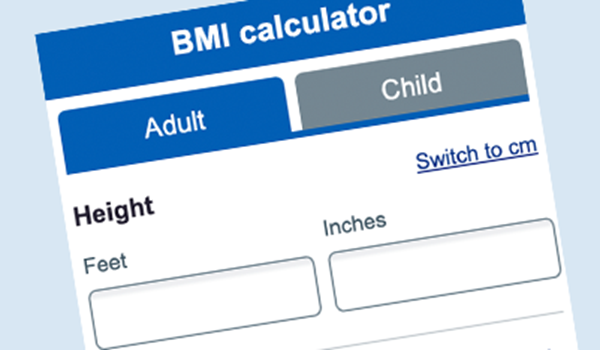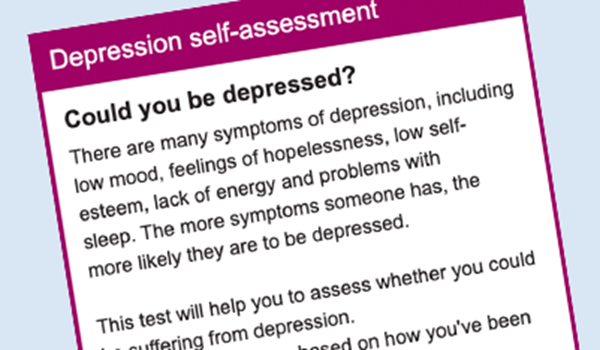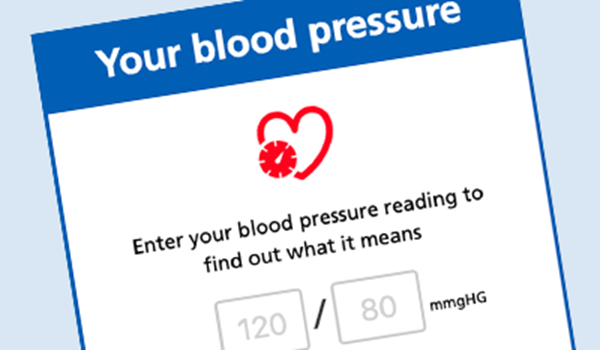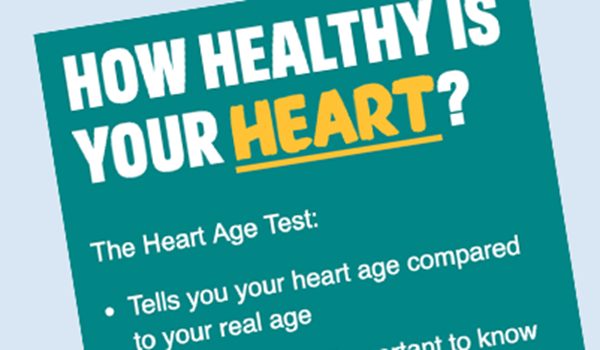Health Information
Bank Holidays Christmas and New Year 2025-26
Antibiotic Resistance and Delayed Prescriptions
Who is this advice suitable for?
Reasons for issuing a ‘delayed prescription’ can change depending on age (if for a child) and the number of symptoms you have. Your doctor or healthcare professional believes this information is right for you on this occasion.
What is a delayed prescription? Your doctor or healthcare professional has either given you a prescription for antibiotics or left one at the surgery or pharmacy to be collected later. The difference to a normal prescription is that you should wait a few days before collecting your medicine and if you are feeling better you should not collect it at all.
Why have I been given a delayed prescription?
All colds and most coughs and sore throats are caused by viruses. Antibiotics do not work against infections, such as colds, caused by viruses. Viral infections are much more common than bacterial infections. We now know that most coughs and colds get better just as quickly without antibiotics. By not using antibiotics unnecessarily, they are more likely to work when we need them.
So why have I been given a prescription at all?
Sometimes it is difficult to know whether bacteria or a virus causes a sore throat or cough. Your doctor or healthcare professional does not think your current symptoms need treating with antibiotics but if your symptoms get worse you may need them.
How will I know if I need antibiotics?
Your doctor or healthcare professional will explain this to you. If you need further advice please telephone the surgery or out of hours telephone number, explain that you have been given a delayed prescription and your current symptoms.
Why should antibiotics only be taken when they are needed?
Resistance Bacteria can adapt and find ways to survive the effects of an antibiotic. They become ‘antibiotic resistant’ so that the antibiotic no longer works. The more often we use an antibiotic, the more likely it is that bacteria will become resistant to it. Some bacteria that cause infections, such as MRSA, are resistant to several antibiotics. Balance of natural bacteria Antibiotics can upset the natural balance of bacteria in your body allowing numbers of other bacteria to increase. Bacteria such as Clostridium difficile (C. diff) can cause severe illness in this way.
The best way to treat most colds, coughs or sore throats is to drink plenty of fluids and to rest. Colds can last about two weeks and may end with a cough and bringing up phlegm. There are many over the counter remedies to ease the symptoms – paracetamol, for example. Ask your pharmacist for advice. If the cold lasts more than three weeks, or you become breathless or have chest pains, or already have a chest complaint, see your doctor or call NHS Direct on 0845 4647 or www.nhsdirect.nhs.uk.
What about my children, they’re always getting coughs and colds?
It’s very common for children to get coughs and colds, especially when they go to school and mix with other children. Ask your pharmacist for advice. If the symptoms persist and you are concerned, see your doctor but you shouldn’t expect to be prescribed antibiotics.
Self-Care: "Get to know, where to go"
For the best advice on where your symptoms are most appropriately treated, please visit:
https://gmintegratedcare.org.uk/gtkwtg/
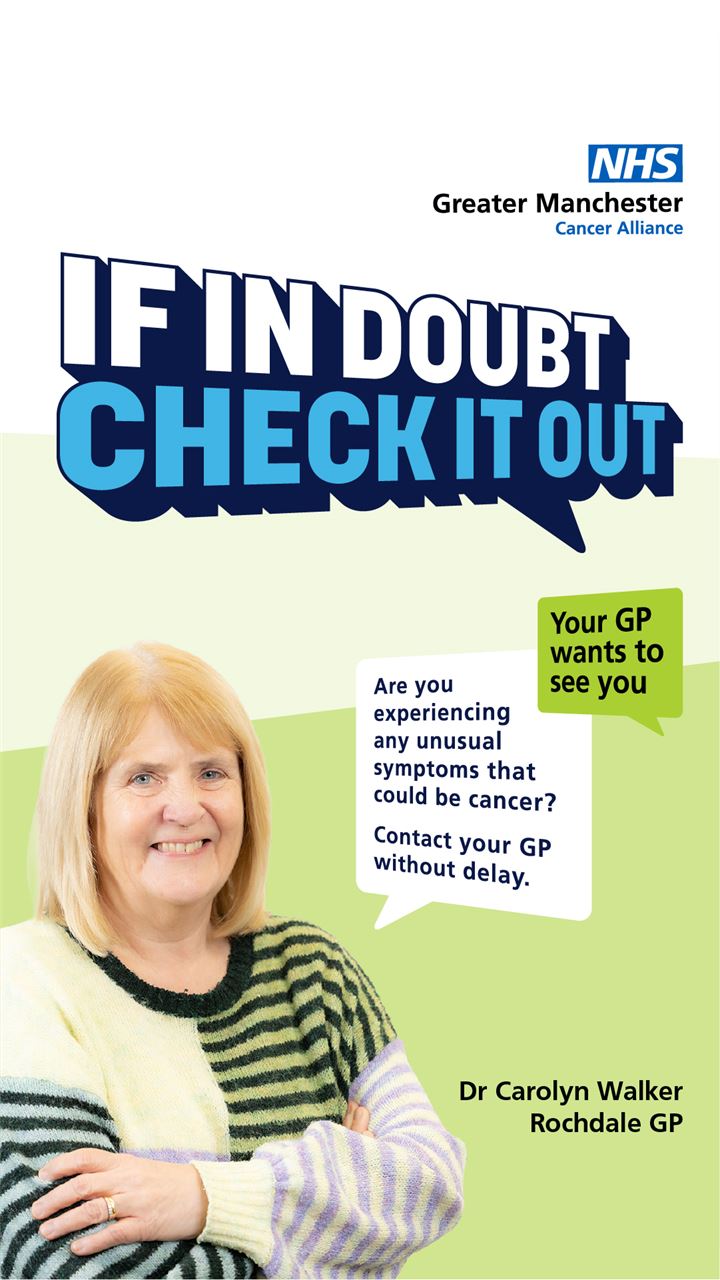
If In Doubt Check It Out
Worried about your symptoms but too embarrassed to talk to the doctor about them?
Don’t worry- GPs have these conversations all the time, and there’s no need to be embarrassed. If your symptoms could be cancer, the earlier we find it the easier it is to treat. Don’t let embarrassment put you off.
Don’t delay – contact your GP today.
#GMFindCancerEarly
Page created: 03 October 2023
